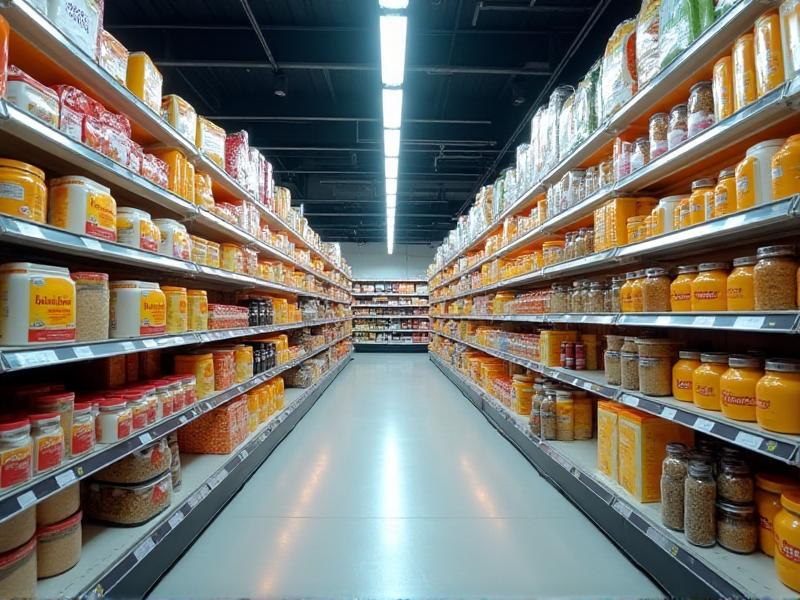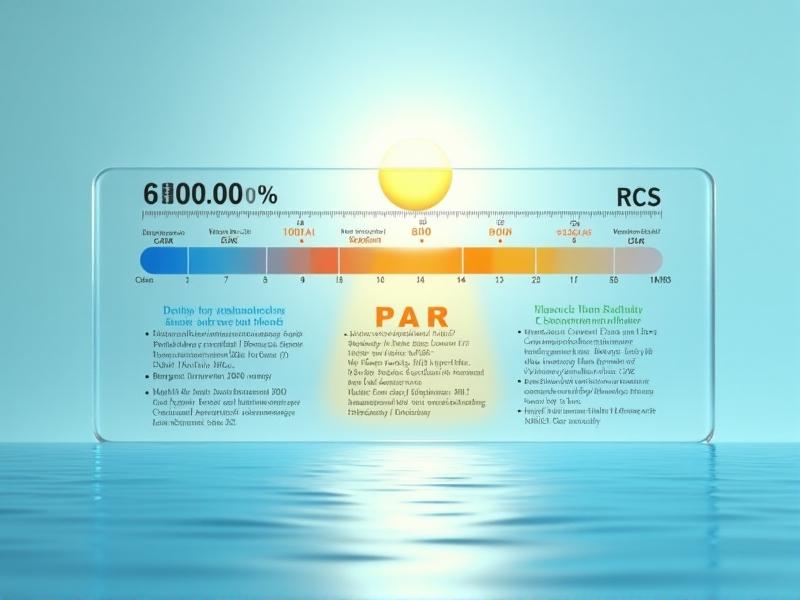White Labeling for Grocery Chains
What is White Labeling and Why is it Important for Grocery Chains?
White labeling refers to the process where a product or service is manufactured by one company but sold under another company's brand. In the context of grocery chains, white labeling allows retailers to offer products that are produced by third-party manufacturers but branded as their own. This strategy has become increasingly popular as it enables grocery chains to expand their product lines without the need for extensive in-house production facilities.
For grocery chains, white labeling offers several advantages. Firstly, it allows them to quickly introduce new products to the market, responding to consumer trends and demands more efficiently. Secondly, it can lead to higher profit margins, as the cost of production is often lower than developing and manufacturing products in-house. Additionally, white labeling helps grocery chains build brand loyalty by offering exclusive products that cannot be found elsewhere.

However, the success of white labeling depends on the ability of grocery chains to maintain quality control and ensure that the products meet consumer expectations. This requires careful selection of manufacturers and a robust quality assurance process. By doing so, grocery chains can leverage white labeling to enhance their market position and meet the evolving needs of their customers.
The Benefits of White Labeling for Grocery Chains
White labeling offers a range of benefits for grocery chains, making it an attractive strategy for retailers looking to differentiate themselves in a competitive market. One of the primary advantages is the ability to offer a diverse product range without the need for significant investment in production facilities. This flexibility allows grocery chains to quickly adapt to changing consumer preferences and market trends.
Another key benefit is the potential for increased profit margins. By outsourcing production to third-party manufacturers, grocery chains can reduce costs associated with research and development, manufacturing, and supply chain management. This cost efficiency translates into higher profitability, especially when the white label products are sold at a premium price point.

White labeling also enables grocery chains to build brand loyalty by offering exclusive products that are not available from competitors. This exclusivity can help retailers create a unique identity and attract customers who are looking for something different. Additionally, white label products can be tailored to meet specific consumer needs, such as dietary restrictions or preferences for organic and sustainable products.
Overall, white labeling provides grocery chains with a strategic advantage by allowing them to expand their product offerings, reduce costs, and enhance brand loyalty. By carefully selecting manufacturers and maintaining high-quality standards, retailers can maximize the benefits of white labeling and strengthen their position in the market.
Challenges and Considerations in White Labeling
While white labeling offers numerous benefits, it also presents several challenges that grocery chains must navigate to ensure success. One of the primary challenges is maintaining quality control. Since the products are manufactured by third-party suppliers, grocery chains must establish strict quality assurance processes to ensure that the products meet their standards and consumer expectations.
Another consideration is the selection of manufacturers. Grocery chains must carefully vet potential suppliers to ensure they have the capability to produce high-quality products consistently. This includes evaluating their production facilities, sourcing practices, and adherence to safety and regulatory standards. Failure to select the right manufacturer can lead to issues such as product recalls, which can damage the retailer's brand reputation.

Additionally, grocery chains must consider the impact of white labeling on their brand identity. While white label products can help build brand loyalty, they must align with the retailer's overall brand image and values. This requires careful consideration of product design, packaging, and marketing strategies to ensure that the white label products resonate with the target audience.
Finally, grocery chains must be mindful of the competitive landscape. As white labeling becomes more popular, retailers must find ways to differentiate their products from those of competitors. This may involve offering unique product features, leveraging sustainable practices, or focusing on niche markets. By addressing these challenges and considerations, grocery chains can successfully implement white labeling strategies and achieve long-term success.
How to Successfully Implement White Labeling in Grocery Chains
Implementing white labeling in grocery chains requires a strategic approach to ensure that the products meet consumer expectations and align with the retailer's brand identity. The first step is to conduct thorough market research to identify consumer needs and preferences. This information can guide the selection of products and help determine the most effective branding and marketing strategies.
Next, grocery chains must carefully select manufacturers that can produce high-quality products consistently. This involves evaluating potential suppliers based on their production capabilities, quality control processes, and adherence to safety and regulatory standards. Establishing strong relationships with manufacturers is also crucial, as it ensures ongoing collaboration and communication throughout the production process.
Once the products are manufactured, grocery chains must focus on branding and packaging. The design of the packaging should reflect the retailer's brand identity and appeal to the target audience. This includes choosing the right colors, fonts, and imagery that convey the product's value and quality. Additionally, the packaging should include clear and informative labeling that highlights key product features, such as nutritional information and certifications.
Finally, grocery chains must develop effective marketing strategies to promote their white label products. This may involve in-store promotions, digital marketing campaigns, and partnerships with influencers or other brands. By creating a strong brand presence and generating awareness, retailers can attract customers and drive sales. Successful implementation of white labeling requires careful planning and execution, but the rewards can be significant for grocery chains that get it right.
Case Studies: Successful White Labeling in Grocery Chains
Several grocery chains have successfully implemented white labeling strategies, demonstrating the potential benefits of this approach. One notable example is Trader Joe's, which has built a strong brand identity around its exclusive white label products. Trader Joe's carefully selects manufacturers that align with its commitment to quality and sustainability, and its products are known for their unique flavors and affordable prices.
Another example is Costco, which offers a wide range of white label products under its Kirkland Signature brand. Costco's white label products are known for their high quality and value, and they have become a key driver of the retailer's success. By leveraging its purchasing power and strong relationships with manufacturers, Costco is able to offer products that meet the needs of its customers while maintaining competitive pricing.
Walmart is another grocery chain that has successfully implemented white labeling. The retailer offers a wide range of white label products under its Great Value brand, which has become synonymous with affordability and quality. Walmart's white label products are designed to meet the needs of budget-conscious consumers, and they are a key component of the retailer's strategy to attract and retain customers.
These case studies highlight the potential of white labeling to drive success for grocery chains. By carefully selecting manufacturers, focusing on quality and branding, and developing effective marketing strategies, retailers can create white label products that resonate with consumers and enhance their market position.
The Future of White Labeling in the Grocery Industry
As the grocery industry continues to evolve, white labeling is expected to play an increasingly important role in helping retailers meet the changing needs of consumers. One of the key trends driving the future of white labeling is the growing demand for private label products. Consumers are increasingly seeking out private label products due to their perceived value, quality, and exclusivity.
Another trend is the focus on sustainability and ethical sourcing. As consumers become more conscious of the environmental and social impact of their purchasing decisions, grocery chains are responding by offering white label products that are sustainably sourced and produced. This includes products that are organic, fair trade, and environmentally friendly.
Technology is also expected to play a key role in the future of white labeling. Advances in data analytics and artificial intelligence are enabling grocery chains to better understand consumer preferences and tailor their white label products accordingly. This includes using data to identify emerging trends, optimize product formulations, and personalize marketing efforts.
Finally, the rise of e-commerce is creating new opportunities for white labeling. As more consumers shop online, grocery chains are leveraging digital platforms to promote and sell their white label products. This includes offering exclusive online-only products, using targeted digital marketing campaigns, and providing convenient delivery options. By embracing these trends, grocery chains can continue to leverage white labeling to meet the evolving needs of consumers and stay competitive in the market.






